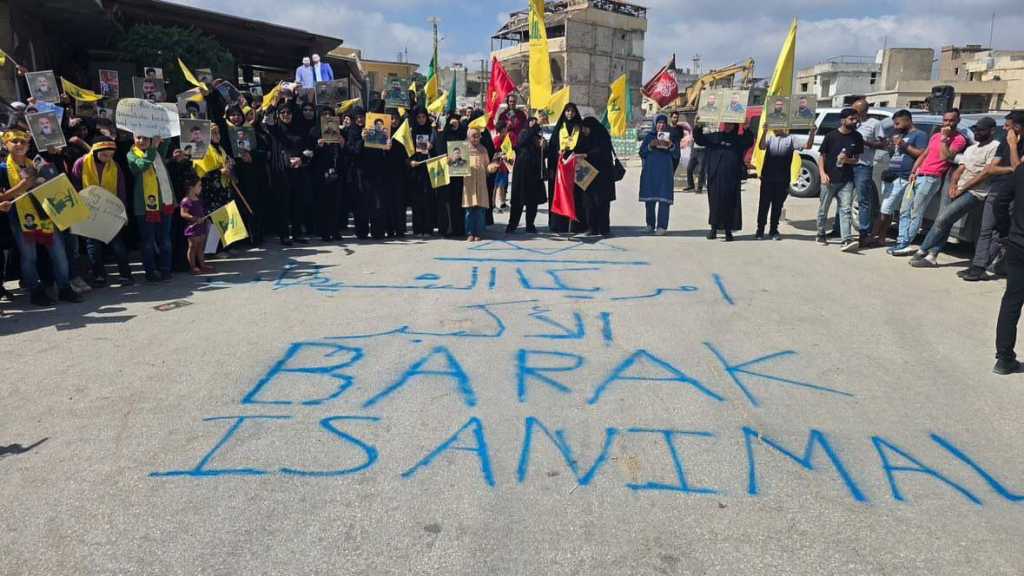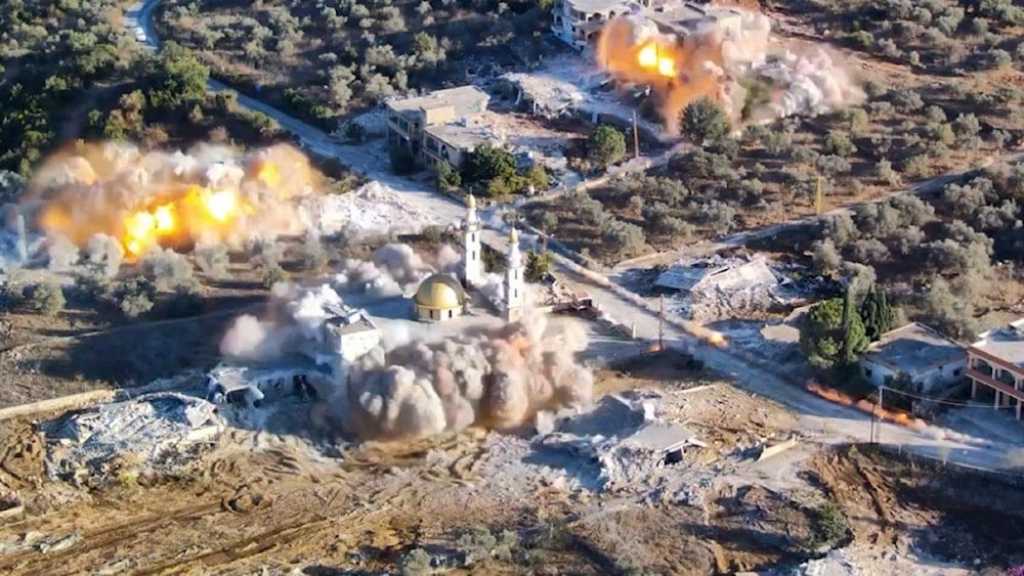
Gaza Facing Cholera, Infectious Diseases Amid Total Blockade

By Staff, Agencies
Oxfam and United Nations agencies have warned that the collapse of water and sanitation services will spark bouts of cholera and other deadly infectious diseases if urgent humanitarian aid is not delivered.
The “Israeli” entity cut off its water pipeline to the besieged Gaza Strip, along with the fuel and electricity provisions that power water and sewage plants, after announcing a total blockade of the Palestinian enclave following the Hamas operation dubbed Operation al-Aqsa Flood.
Most of Gaza’s 65 sewage pumping stations and all five of its wastewater treatment facilities have been forced to stop operations. According to Oxfam, untreated sewage is now being released into the sea while solid waste is also ending up on some streets alongside bodies waiting to be buried.
Desalination plants have stopped working and municipalities are unable to pump water to residential areas because of the power shortage. Some people in Gaza are relying on salty tap water from the enclave’s only aquifer, which is contaminated with sewage and seawater, or have resorted to drinking seawater. Others are being forced to drink from farm wells.
The UN says that currently in Gaza only three liters of water a day is available per person to cover all their needs including drinking, washing, cooking and flushing the toilet. Between 50-100 liters of water each day is the recommended amount for a person to meet their basic health requirements, according to the World Health Organization [WHO].
Fears are growing that dehydration and waterborne diseases will lead to a humanitarian catastrophe amid “Israeli” air strikes that have killed 4,137 Palestinians.
Humanitarian organizations have repeatedly issued calls for the aid stocked at the Rafah crossing, the sole route for aid to enter the Gaza Strip on the only border that it shares with Egypt, to be let through.
Mathew Truscott, Head of Humanitarian Policy at Oxfam, said he felt frustration at the idea that diseases could be spreading while water and medicines piled up a few kilometers across the border.
“Cholera is just one of many waterborne diseases that can be spreading – if we can get aid in, a lot of this can be prevented,” he said. “But you can’t provide humanitarian operations where there are still bombs falling.”
UN chief Antonio Guterres called on Wednesday for an immediate humanitarian ceasefire in Gaza to ease the “epic human suffering”. On the same day, the US vetoed a UN Security Council resolution, supported by most other members, demanding a humanitarian pause in Israel’s bombardment of Gaza.
While the war on Gaza continues, there are fears that there will be more incidents like the Baptist Hospital [al-Ahli Arab Hospital] explosion on Tuesday. “We are very concerned for the attacks on healthcare,” Richard Brennan, regional emergency director at the WHO, said according to Al Jazeera.
Four out of 34 hospitals are no longer operational, according to the UN health agency, as others overflow with injured patients and families in need of shelter. “The conditions are ripe for the spread of a number of diarrheal and skin diseases,” Brennan said, with ripple effects to be felt in the region.
In 2022, cholera spread across Syria and Lebanon, killing at least 97 people. While an epidemic has not been registered in Palestinian territories in decades, “it’s conceivable that the bacterium has been brought in and the conditions are now ripe for its spread,” Brennan said.
For any efforts to turn the tide, “getting aid in is vital”, the WHO representative added. “The ball is in the court of the political leaders who have to elevate humanitarian needs as a priority. We are ready to go, but we have to be given unhindered, secure, protected passage to help people in need.”
Comments



